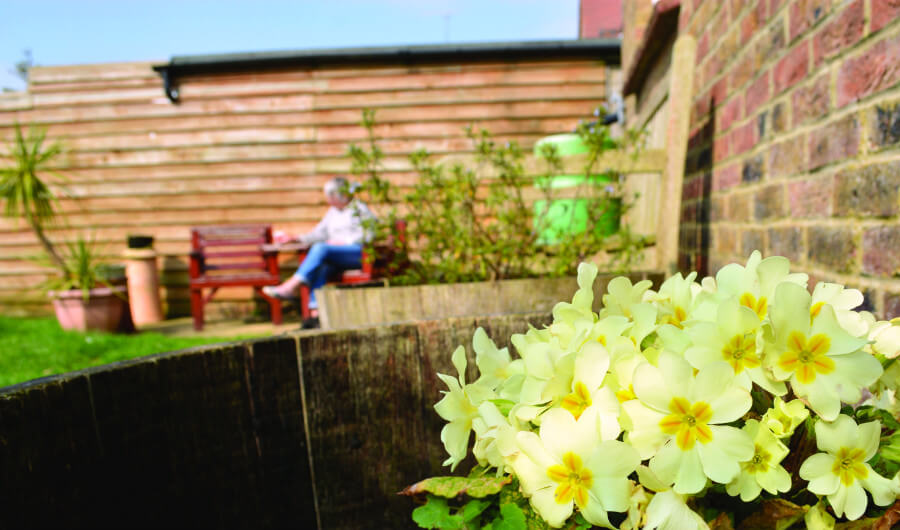On any given summer, mosquitoes are bad for business. The little suckers are notorious for crashing barbecues, ruining fire-pit hangs and even, albeit rarely, transmitting West Nile virus. But now that Zika—a mosquito-borne virus that has been linked to severe birth defects and is looming over the Rio Olympics—is threatening to push its way north into the continental United States, you may want to step up your protection. We checked in with Natalie Turner, resident mosquito expert at Lowe’s, about how you can discourage unwanted guests in your backyard and home this summer. Choose your repellent wisely
Specialized repellents are designed to protect individuals, homes and lawns, and they shouldn’t be interchanged. Know what you need, adhere to the warnings and don’t go overboard—these products are, after all, pesticides. “For personal repellents, consider the amount of time you’ll be outside and the activity you’re planning, and read the label to find the repellent labeled for that use,” says Turner. “DEET-based products are recommended by the National Institutes of Health for effective, long-lasting protection, and can be used by pregnant and breastfeeding women throughout pregnancy.” However, if applying DEET to young children, consult your pediatrician first. Seal up your home
Mosquitoes are the worst kind of home invaders: they’re sneaky, they’re tiny and they’re always thirsty for more. A little common sense, however, can go a long way. “Make sure you use screens on windows and doors where possible, make sure screens aren’t torn, and repair weather stripping on windows and doors,” says Turner. For those that still manage to get in, check that any spray you use is approved for indoor use. Dry up your yard
That empty flowerpot full of rainwater? It’s basically a five-star, all-inclusive resort for mosquitoes. “Mosquitoesneed water to breed, so getting rid of standing water around your home can decrease the number ofmosquitoesthat hatch in the area,” says Turner. Empty anything that might be collecting water, keep gutters and drains clear, and fill in low areas of your yard where puddles tend to form. For ornamental ponds and birdbaths, consider adding specialized anti-fungal tablets—they’ll kill off mosquito larvae, but won’t harm fish or birds. Zika 101
Last May, the Pan American Health Organization issued an alert regarding the first Zika infections in Brazil. The outbreaks have since spread, but according to the Centers for Disease Control and Prevention (CDC), none of the 935 reported Zika cases in the US have been locally acquired (934 were travel-associated, and one was acquired in a lab). While symptoms are generally mild, the virus is linked to severe birth defects. The CDC recommends special precautions for pregnant women, and advises that they do not travel to any area where the virus is spreading. For more, visit www.cdc.gov/zika.
Don’t let summer suck: Mosquito-proof your home

iStock
























